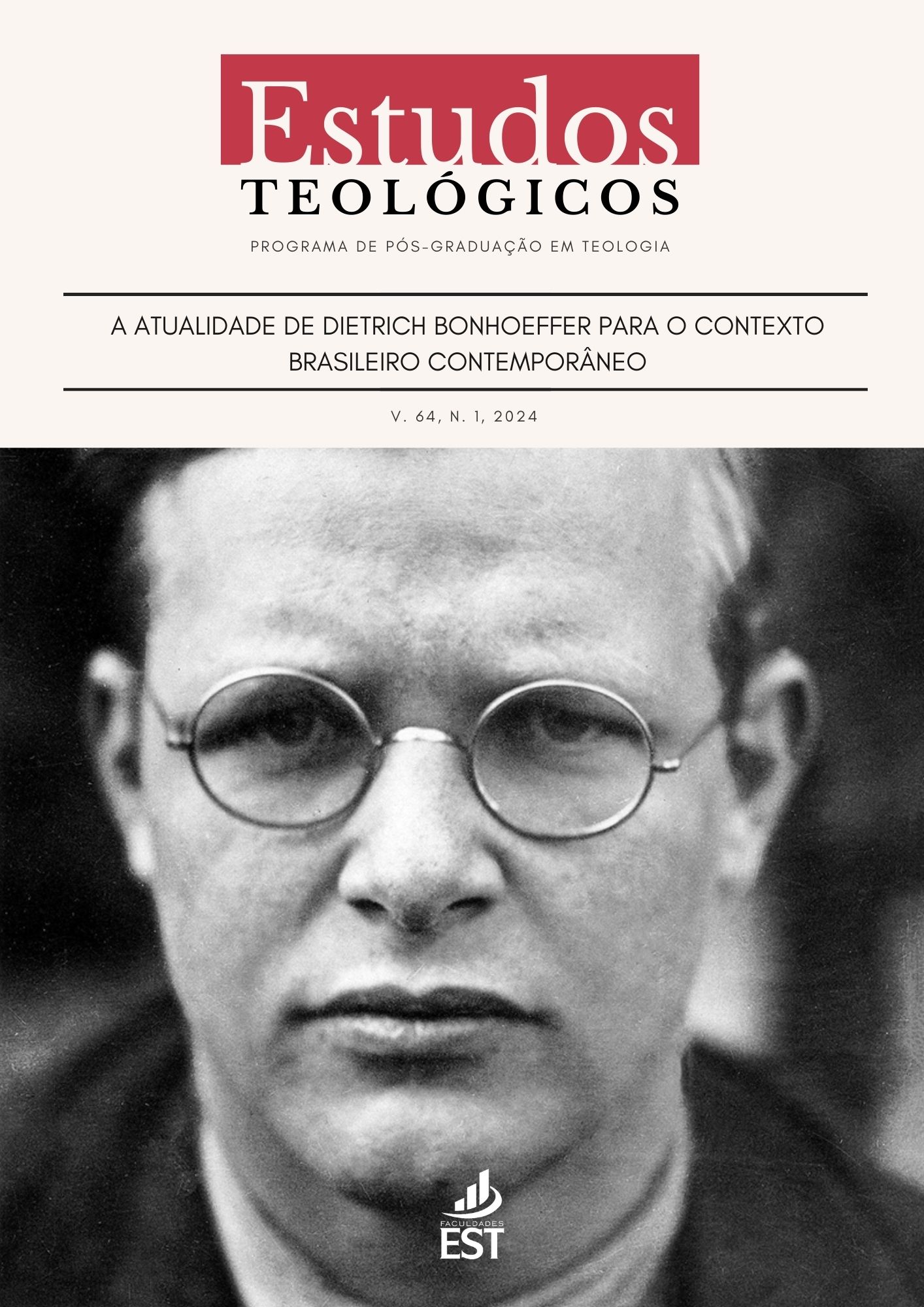Between the numinous and psychosis
Jung and the psychology of religion in the understanding of the anomal experiences
DOI:
https://doi.org/10.22351/et.v64i1.954Keywords:
Psychology of Religion, Anomalous Experiences, Jung, NuminousAbstract
Over the centuries, religiosity has come to play an important role in the constitution of human subjectivity. Currently, the area of studies called Psychology of Religion and Spirituality, has Carl Gustav Jung as one of its precursors. Among Jung's main interests are the so-called “anomalous experiences” (EAs), which are experiences that defy ordinary explanations for some phenomena, such as: experiences of leaving the body, mystical experiences and healing. Despite having written about such experiences and having himself reported some of them, there are few studies that present the view of anomalous experiences from the perspective of Analytical Psychology. Because of this, the objective of this article is to bring together the great area of studies on religious behavior, that is, the Psychology of Religion with the understanding of anomalous experiences, from the point of view of one of the greatest researchers and theorists of recent times: Carl Gustav Jung. To do so, we made a brief presentation of the Psychology of Religion field, as well as anomalous experiences. Then, we report on the anomalous phenomena in Jung's life and review the main concepts of Analytical Psychology. We highlight its important role in the differential diagnosis between the Numinous and Psychosis, showing the importance of resuming a personal connection with the Sacred. Future studies may deepen the concepts of Analytical Psychology, offering psychotherapeutic strategies to differentiate healthy and pathological experiences.











